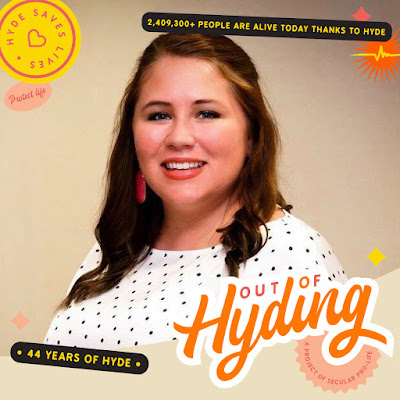We Asked, You Answered: Practical Ways to Support Foster and Adoptive Families
We asked our Facebook followers: “What are the best ways people can support foster or adoptive families? If you have experience in these areas let us know what you think.” Here are few of our favorite responses.
Karah E.: As someone who was both adopted and placed a baby for adoption I would beg people to refrain from using the word “real” in front of the word “parent.” Biological/birth parents are no more or less “real” than adoptive/forever parents.
Bekah F.: Get certified/approved with your county’s foster system to provide respite care for the occasional nights/weekends! In so many states, foster parents can’t just hire a babysitter or leave the kids with family for a break and it is so, so needed.
Aimee J.: When we adopted a baby a friend of ours donated her extra breast milk. It was so sweet and helpful! People also brought us meals and have offered to clean and babysit.
Pamela M.: In addition to all the suggestions of helping/supporting/loving on foster and adoptive parents let’s not forget the child welfare workers and the agencies that serve these children and families. Ask what they need: toys for visitation rooms, new socks and underwear for kids who enter care with very little to nothing, handmade blankets/quilts and/or a new stuffed animal to be given to children when they come into care, a “car” kit for kids to busy with during transportation to and from parental visits (books, coloring books, crayons, card games, etc.). Ask an agency if you could treat their staff by providing a lunch once a month or quarter, or at the holidays, etc.
Sarah C.: I haven’t read all the comments because . . . wow! There are a ton. But for me, the biggest thing is this: believe the parents when they say how hard it is and don’t give them trite parenting advice. Second to this: educate yourself about attachment disorders.
Heather B.: Be intentional (positive) with your words, and know proper terminology. Support fundraisers by sharing, donating, etc., or at the very least by NOT discouraging it. Bringing a child into a home is stressful, help with meals and cleaning is greatly appreciated. Don’t expect visiting time with the parent (although they may want you to stay). With newborn adoptions, it’s recommended that only the parents tend to baby, so help with EVERYTHING else is preferred.
Crystal K.: Don’t be afraid of our kids! Have your kids be friends with ours and offer to babysit.
Beth F.: Stop treating [adoption] like it is only for people who can’t get pregnant on their own. Acknowledge that any adoption story involves some degree of loss, but stop treating like a tragedy to be avoided. Celebrate families who choose adoption and recognize it as a valid choice regardless of fertility status.
Pamela M.: Another really simple thing that I didn’t see mentioned in a quick glance is for families to diversify their own children’s bookshelves with stories that include foster care and/or adoption themes. Normalizing the concepts foster care and adoption through children’s stories featuring children and even animals can help your children understand that families can be made in lots of different ways and that some families are for now and others are forever.
Becky M.: All of these suggestions are great. Respite care, help with meals and cleaning, use positive adoption language, offer to take any other/older kids out for a bit so mom and dad can have more one-on-one time with the new one(s). Also, give us grace. Some of our kids come with trauma based behaviors, so please don’t judge how we parent.




Leave a Reply
Want to join the discussion?Feel free to contribute!